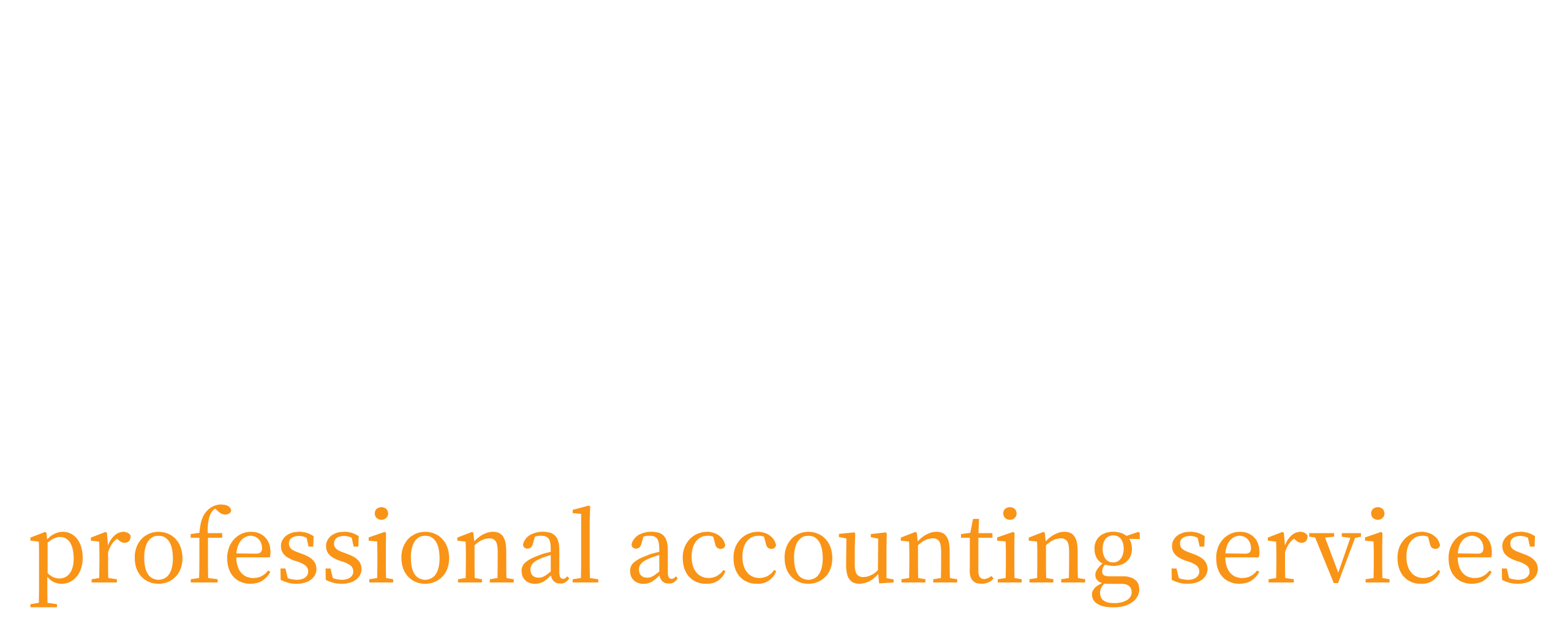💸 How to Save on Taxes with CRA:
Maximize Tax Credits
- Basic Personal Amount: Claim this universal credit to reduce your tax payable.
- Charitable Donations: Claim donations to registered charities and combine family donations for a higher return.
- Medical Expenses: Claim eligible medical expenses, including dental, prescriptions, and travel for medical purposes.
- Home Accessibility Tax Credit (HATC): Claim home renovation costs if you’re a senior or have a disability.
- Canada Workers Benefit: If you earn a low or moderate income, you may qualify for this refundable credit.
Contribute to Tax-Advantaged
Accounts
- RRSP: Contributions reduce your taxable income. Use programs like the Home Buyers’ Plan or Lifelong Learning Plan for tax-efficient withdrawals.
- TFSA: Investment growth is tax-free, and withdrawals don’t affect your taxable income.
- RESP: Save for your child’s education with tax-free growth and government grants.
Claim Deductions to Lower Taxable Income
- Employment Expenses: If you pay for work-related expenses, you may be able to claim them (e.g., Form T777).
- Child Care Expenses: Claim daycare, after-school programs, or nanny services.
- Moving Expenses: If you moved for work or school (at least 40 km closer), claim those moving costs.
- Self-Employment Deductions: Claim home office, vehicle, and business-related expenses if you’re self-employed.
Split Income
- Spousal RRSP: Contribute to your spouse’s RRSP to lower the family’s taxes.
- Pension Income Splitting: Retirees can split eligible pension income with their spouse to reduce overall tax.
- Family Tax Benefits: Utilize income splitting through family trusts, where applicable, to reduce taxes.
Optimize Investments
- Dividend Tax Credit: Invest in Canadian corporations to take advantage of lower tax rates on dividends.
- Capital Gains Exemption: Only 50% of capital gains are taxable. Consider selling investments strategically to manage tax timing.
Small Business Benefits
- Incorporate: Small businesses benefit from a lower tax rate and can claim business expenses.
- Pay Yourself Dividends: Dividends may be taxed more favorably than salary, providing tax savings.
- Deduct Eligible Business Expenses: Deduct marketing, rent, supplies, and other business expenses.
Defer Income
- RRSP Withdrawals: Defer withdrawals to years with lower income to reduce taxes.
- Tax Installment Payments: Make payments strategically to avoid penalties but not overpay.
Stay Organized
- Keep Documents: Hold onto all receipts, forms, and tax-related documents for at least 6 years.
- Use Tax Software or a Professional: Make sure you don’t miss out on any deductions or credits by using tax software or consulting a professional.
Note: Tax rules and credits change annually. Be sure to review the latest CRA guidelines or consult a tax professional to optimize your strategy effectively and legally.


Comment